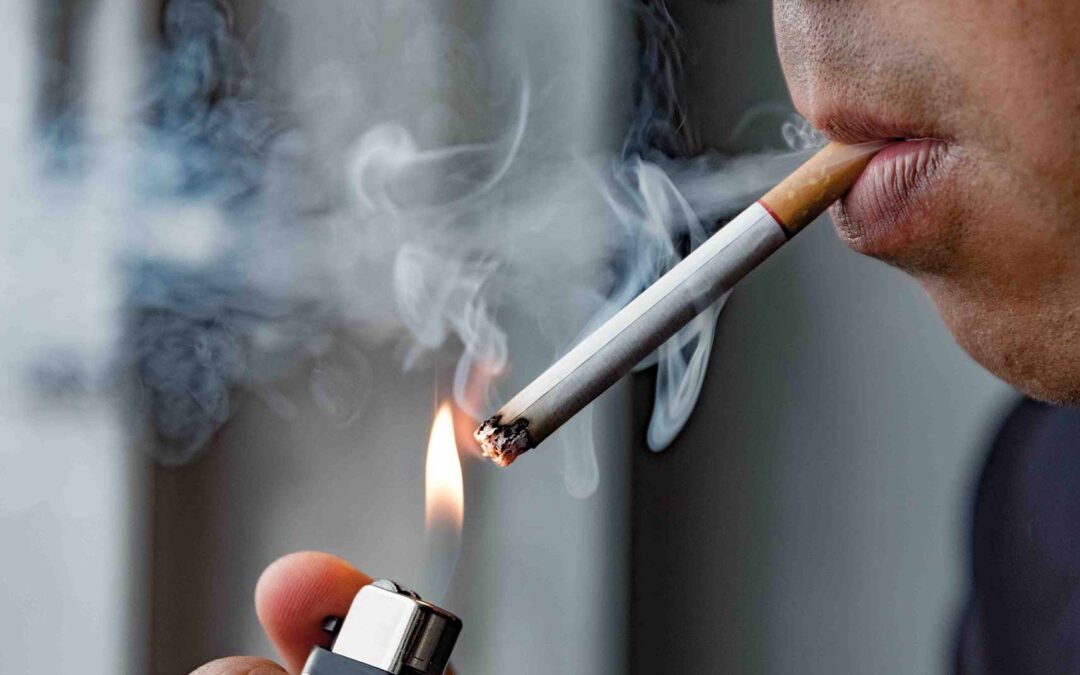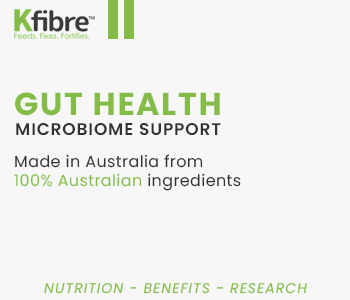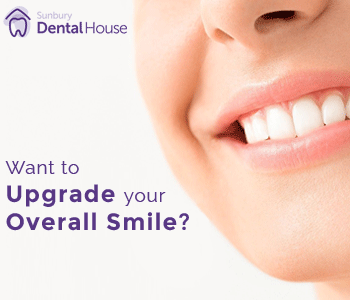Are you a smoker who is tired of hearing about the negative effects of smoking on your health? Well, unfortunately, I have some more bad news for you. Smoking doesn’t just wreak havoc on your lungs and heart; it also takes a toll on your oral health. That’s right – those cigarettes are not only staining your teeth but also disrupting the delicate balance of bacteria in your mouth. In this blog post, we’ll explore how smoking affects the oral microbiome and what you can do to protect and improve its health while still enjoying that cigarette break. So grab a cup of coffee (or whatever helps get you through those cravings) and let’s dive in!
The link between smoking and oral health
We all know that smoking is detrimental to our health, but many people overlook the impact it has on oral health. The truth is, smoking and oral health are closely linked.
Let’s talk about stained teeth. If you’re a smoker, you’ve probably noticed those unsightly yellow or brown stains on your teeth. This discoloration occurs because tobacco contains tar and nicotine which can adhere to the enamel of your teeth over time.
But it doesn’t stop there – smoking also increases the risk of gum disease. This happens because tobacco smoke contains toxins that irritate the gums and reduce blood flow to the tissues in your mouth. As a result, smokers are more likely to develop gingivitis (inflammation of the gums) and periodontitis (advanced gum disease), which can lead to tooth loss if left untreated.
Furthermore, smoking weakens your immune system’s response to bacteria in your mouth. Our mouths naturally harbor both good and bad bacteria, but when this delicate balance is disrupted by smoking, harmful bacteria can flourish while beneficial ones struggle to survive.
In addition to these issues, smoking also affects saliva production. Saliva plays a crucial role in maintaining oral health as it helps wash away food particles and neutralize acids produced by plaque-creating bacteria. However, smoking reduces saliva flow which leaves you more susceptible to tooth decay and cavities.
Professional teeth whitening gets rid of stains caused by nicotine, providing a transformative solution for individuals who have experienced discoloration due to tobacco use. The specialized whitening agents used in professional treatments penetrate deep into the enamel, breaking down and removing the stubborn nicotine stains that may have accumulated over time. Unlike over-the-counter products, professional teeth whitening administered by dental professionals ensures a controlled and effective process, minimizing the risk of sensitivity while delivering noticeable results. This approach not only rejuvenates the teeth’s natural color but also contributes to an overall brighter and healthier smile
So now that we understand how closely intertwined smoking and oral health are, let’s explore how exactly smoking disrupts the balance of good and bad bacteria in our mouths in the next section!
How smoking affects the balance of good and bad bacteria in the mouth
Smoking not only harms your lungs but also wreaks havoc on the delicate balance of bacteria in your mouth. The oral microbiome, a diverse ecosystem of microorganisms, plays a crucial role in maintaining good oral health. However, smoking disrupts this balance and promotes the growth of harmful bacteria.
When you smoke, the toxins and chemicals from cigarettes alter the environment in your mouth. This creates an ideal breeding ground for bad bacteria to thrive while diminishing the population of beneficial microbes that help keep your mouth healthy.
Studies have shown that smokers often have higher levels of harmful bacteria such as Streptococcus mutans and Porphyromonas gingivalis in their mouths compared to non-smokers. These bacteria are associated with tooth decay, gum disease, and other dental problems.
Furthermore, smoking weakens your immune system’s ability to fight off infections. This makes it even more difficult for your body to control the growth of harmful bacteria in your mouth.
The constant exposure to heat and irritants from smoking also dries out saliva production. Saliva is essential for washing away food particles and neutralizing acids produced by plaque-causing bacteria. Without sufficient saliva flow, these substances linger in your mouth longer, increasing the risk of tooth decay and gum disease.
In addition to its direct effects on bacterial imbalance, smoking can exacerbate existing oral health conditions such as periodontal disease. It impairs blood circulation and restricts oxygen supply to tissues in the gums, making them more susceptible to infection.
Smoking has detrimental effects on both the quantity and quality of good bacteria present in our mouths. By understanding how smoking impacts our oral microbiome health, we can take steps towards protecting our teeth and gums while exploring ways to quit or reduce tobacco use.
Studies on smokers’ oral microbiomes
Studies on smokers’ oral microbiomes have shown some alarming findings. Researchers have discovered that smoking has a significant impact on the balance of good and bad bacteria in the mouth. This disruption can lead to a variety of oral health issues, including gum disease, tooth decay, and even oral cancer.
One study conducted at a university dental school examined the oral microbiomes of both smokers and non-smokers. The results revealed that smokers had higher levels of harmful bacteria and lower levels of beneficial bacteria compared to their non-smoking counterparts. This imbalance creates an environment conducive to infection and inflammation.
Another study focused specifically on the effects of smoking on the diversity of oral bacteria. It found that smokers had reduced microbial diversity in their mouths compared to non-smokers. This lack of diversity can compromise the overall health and functioning of the oral microbiome.
Interestingly, these studies also highlighted how quitting smoking can positively impact the oral microbiome. In one study, researchers observed improvements in bacterial composition just two weeks after participants quit smoking.
These research findings emphasize the importance for smokers to take extra care when it comes to maintaining their oral health. Regular dental check-ups, proper brushing and flossing techniques, as well as using antibacterial mouthwashes are crucial steps for reducing potential damage caused by smoking.
While it’s clear that smoking negatively affects our oral microbiomes, there are ways we can protect and improve its health while still indulging in this habit (although quitting is always best). Taking proactive measures like staying hydrated, eating a balanced diet rich in vitamins C and D which help support healthy gums, avoiding sugary foods which promote plaque formation; all contribute towards maintaining better overall dental hygiene even with regular tobacco use.
Smoking actually increases anxiety by triggering the release of stress-inducing hormones, such as cortisol and adrenaline, in the body. The nicotine in tobacco products acts as a stimulant, initially providing a sense of relaxation; however, the subsequent withdrawal between cigarettes can lead to heightened anxiety levels. Additionally, the long-term effects of smoking on overall health, including cardiovascular and respiratory issues, can further contribute to chronic anxiety. Quitting smoking not only benefits physical health but can also significantly improve mental well-being, reducing the overall impact of anxiety on individuals who choose to break free from this harmful habit.
So if you’re a smoker concerned about your teeth or gum health – don’t despair! There are steps you can take now to start improving your situation!
Ways to protect and improve oral microbiome health while smoking
Taking steps to protect and improve your oral microbiome health while smoking is crucial. Although smoking can have damaging effects on the balance of good and bad bacteria in your mouth, there are measures you can take to minimize these risks.
Maintaining a strict oral hygiene routine is essential. Brushing your teeth at least twice a day with fluoride toothpaste helps remove harmful plaque buildup and reduces the presence of bacteria in your mouth. Don’t forget to floss daily as well, as it helps remove food particles from between your teeth that may contribute to bacterial growth.
Next, consider using an antibacterial mouthwash specifically designed for smokers. These products are formulated to target the specific issues faced by individuals who smoke, helping to combat bad breath and reduce the amount of harmful bacteria present in the mouth.
Additionally, regular visits to your dentist are vital for keeping tabs on your oral health. Dentists can perform professional cleanings that reach areas you might miss during regular brushing and flossing. They can also identify any early signs of gum disease or other oral health issues caused by smoking so they can be addressed promptly.
Making lifestyle changes such as quitting smoking altogether or reducing tobacco intake will undoubtedly have a positive impact not only on your overall health but also on maintaining a healthy balance of good bacteria in your mouth. Quitting smoking may seem challenging, but numerous resources and support systems are available that can assist you along this journey towards better oral health.
Remember that taking care of your oral microbiome goes hand-in-hand with maintaining good overall dental hygiene practices. By being proactive about protecting and improving the balance of good bacteria in our mouths while still smoking, we can work towards healthier smiles despite this habit’s potential challenges.
So let’s prioritize our oral microbiome health today – because when it comes down to it, prevention is always better than cure!














